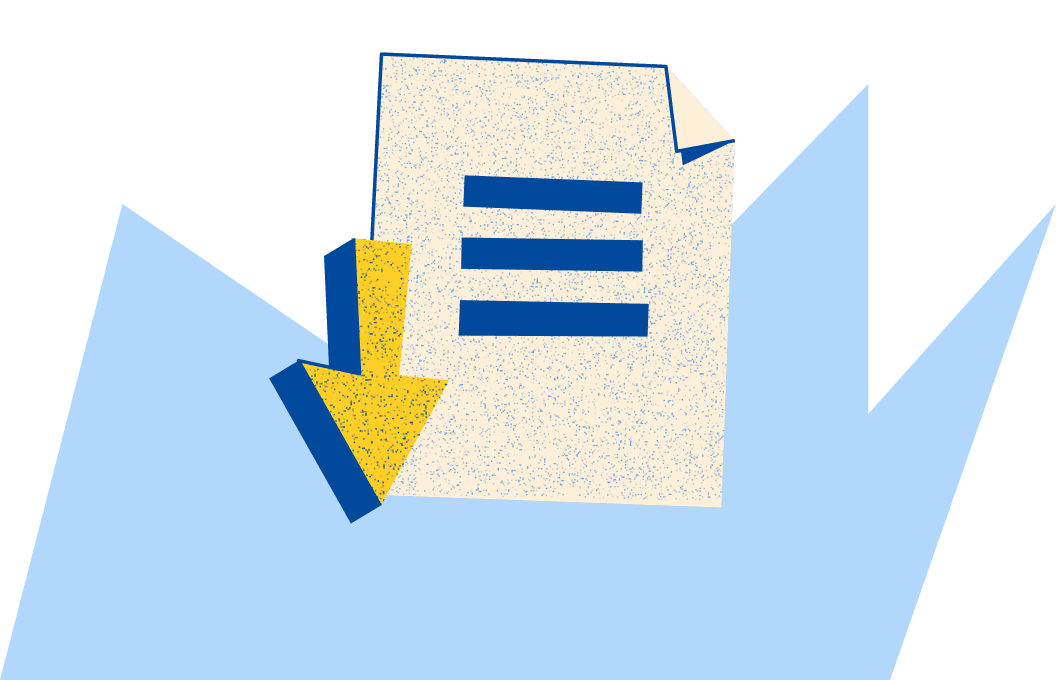Guide
The Complete Guide to Running Payroll in Singapore
Global payroll

Get the resource for free
New to running payroll in Singapore?
Singapore is one of Asia’s top business hubs, but its payroll rules are uniquely complex. From Central Provident Fund (CPF) contributions to IRAS tax filings and foreign worker levies, local requirements require local expertise.
At Deel, our in-house experts, built-in compliance, and consolidated platform take the stress out of hiring and paying employees in Singapore.
Deel has removed all the pain points around contracts, onboarding, and paying our team. We're now more efficient, and we can focus on building our app as opposed to dealing with hundreds of employment matters.
—Lavina Radu,
Head of HR, Meld
This guide to running payroll in Singapore is:
-
Written for 2025 regulatory standards
-
Practical, up-to-date, and designed for busy finance and HR teams
-
Reviewed by local Singapore payroll experts
What you’ll learn
-
Key payroll laws and deadlines, including CPF, SDL, and IRAS filings
-
Step-by-step payroll processing, from onboarding to final pay
-
Leave entitlements and overtime rules explained in plain terms
-
Contractor vs. employee classification and how to stay compliant
-
How to register a business and set up payroll infrastructure
-
Best practices for offboarding and tax clearance (IR21)
Who this guide is for
-
Finance leads setting up payroll in Singapore for the first time
-
HR and People teams navigating CPF, tax, and leave entitlements
-
Ops and Compliance leaders looking to minimize risk and manual work
FAQs
How do you pay an employee in Singapore?
Employees must be paid salaries in Singapore Dollars (SGD) unless explicitly stated otherwise in the employment contract.
Salaries must be disbursed monthly, at least once per month, no later than seven days after the end of the salary period.
Employers must issue itemized payslips clearly stating basic salary, allowances, bonuses, deductions (e.g., CPF, SDL, SHG, FWL), overtime pay, and net salary paid.
Learn more about how payroll outsourcing in Singapore works.
What is Singapore’s basic salary?
Singapore does not have a government-mandated minimum wage.
Does Singapore have payroll taxes?
Singapore does not withhold income tax monthly from employee wages. However, employers must annually report employee earnings via Form IR8A to the Inland Revenue Authority of Singapore (IRAS).
Employers and employees must contribute monthly to the Central Provident Fund (CPF), and employers must also pay levies such as the Skills Development Levy (SDL) and Foreign Worker Levy (FWL) where applicable.
What is the payroll cycle in Singapore?
The payroll cycle in Singapore is monthly. Salaries must be paid at least once per month, no later than seven days after the end of the salary period.
Overtime wages must be paid within 14 days after the salary period in which overtime was performed.
What is the 13th-month bonus in Singapore?
Thirteenth-month pay is an additional salary payment given by employers, providing employees with additional income beyond their standard annual earnings. While not mandatory in Singapore, it’s a common practice as part of company policy or employment contracts, typically at year-end.